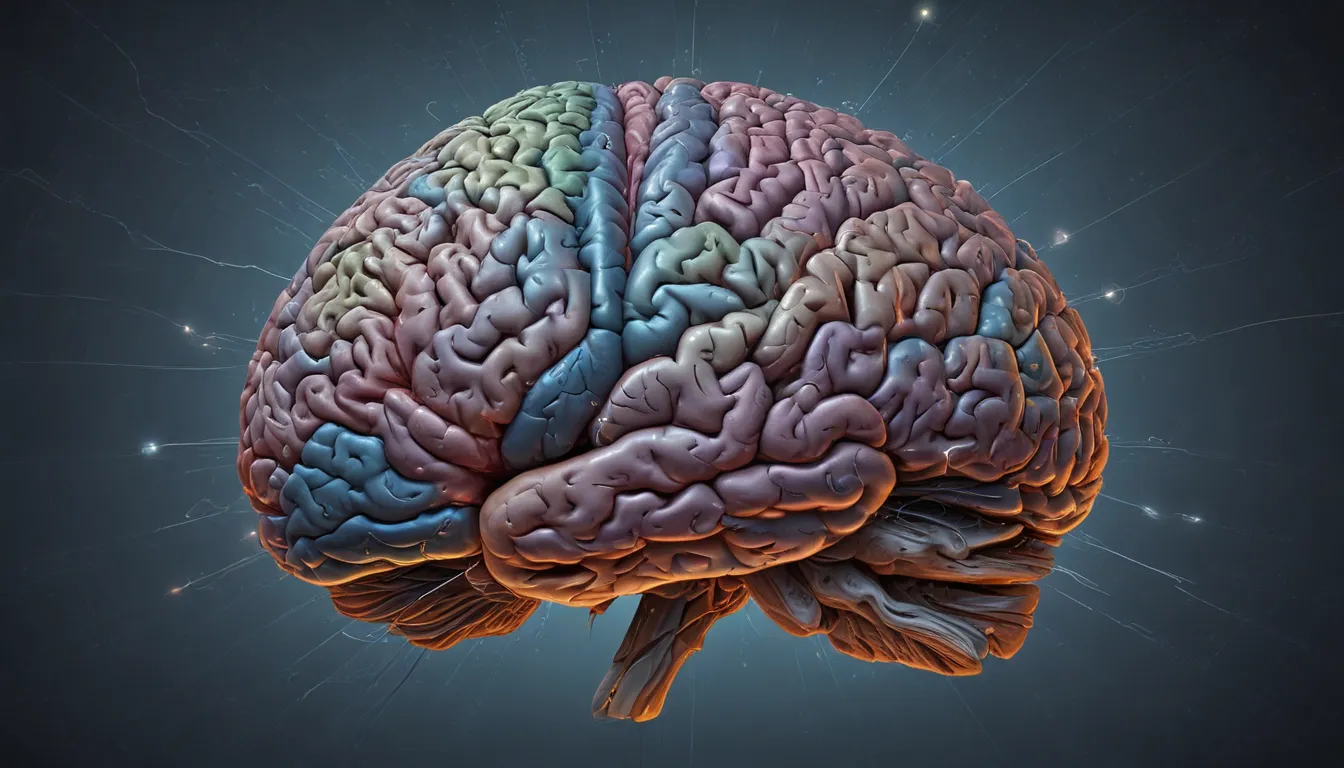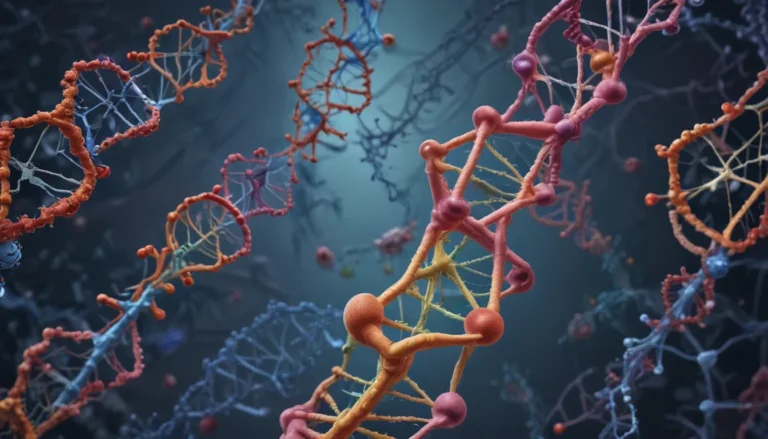A Note About Images: The images used in our articles are for illustration purposes only and may not exactly match the content. They are meant to engage readers, but the text should be relied upon for accurate information.
Welcome to the intriguing realm of brain mapping, a field that delves into the complexities of the human brain, unraveling its mysteries one neuron at a time. With cutting-edge technology and innovative research techniques, scientists have uncovered remarkable revelations that shed light on the extraordinary capabilities of the human mind. Join us on a captivating journey as we explore nine surprising facts about brain mapping that will leave you in awe of the wonders of neurological science!
Understanding the Intricate Brain Networks
Brain mapping, also known as neuroimaging, is a revolutionary technique that allows scientists to visualize and study the intricate connections within the human brain. Using advanced technologies like functional magnetic resonance imaging (fMRI) and electroencephalography (EEG), researchers can map out the regions and pathways responsible for various cognitive and sensory functions.
Revolutionizing Our Approach to Brain Disorders
Thanks to brain mapping, we have gained profound insights into the mechanisms underlying neurological disorders such as Alzheimer’s disease, Parkinson’s disease, and schizophrenia. By identifying abnormal patterns of activity and structural changes in specific brain regions, scientists can develop targeted treatments and interventions to improve patients’ quality of life.
Spotlight on Neurosurgery
Brain mapping plays a crucial role in neurosurgery, enabling surgeons to plan and perform complex procedures with precision. By mapping the brain before surgery, surgeons can identify vital areas responsible for speech, movement, and sensory functions, minimizing damage and optimizing patient outcomes.
Unveiling the Secrets of Human Cognition
Through brain mapping studies, scientists have unlocked fascinating insights into how the brain processes information, learns, and remembers. These findings have significant implications for education, cognitive psychology, and the development of innovative learning strategies.
Bridging the Gap with Brain-Computer Interfaces
Brain mapping has paved the way for the development of brain-computer interfaces (BCIs), allowing individuals with paralysis or motor impairments to control external devices using their thoughts. This innovative technology opens up new possibilities for enhancing communication and independence for those with physical limitations.
Delving into the Science of Emotions
Brain mapping has provided researchers with a window into the brain’s response to emotions, offering valuable insights into the neural mechanisms involved in emotional processing. This research has the potential to enhance our understanding and management of mood disorders.
Elevating Athletic Performance
Brain mapping techniques are increasingly being used to optimize athletic training and performance by identifying cognitive processes essential for decision-making, attention, and motor control. This innovative approach leads to tailored training programs that improve athletic abilities and enhance overall performance.
Unraveling Criminal Behavior
Brain mapping studies have shown promise in identifying patterns of brain activity associated with deceptive or criminal behavior. While still in the early stages, this research could potentially be utilized in forensic investigations to support or challenge witness testimony.
Personalizing Medicine with Brain Mapping
With advancements in brain mapping techniques, personalized medicine in neuroscience is becoming a reality. By mapping an individual’s brain, doctors can gain valuable insights into their unique brain architecture and tailor treatments to their specific needs, improving treatment outcomes and reducing risks.
Conclusion: Journey into Brain Mapping
In conclusion, brain mapping continues to be a captivating field that unveils the mysteries of the human brain. Through advanced imaging techniques and data analysis, researchers create detailed maps that offer valuable insights into brain function and connectivity. From enhancing cognition to diagnosing and treating brain disorders, brain mapping holds immense potential for expanding our knowledge of the most complex organ in the human body.
FAQs: Delving Deeper into Brain Mapping
- What is brain mapping?
-
Brain mapping is the process of creating detailed maps of the brain’s structure and activity using advanced imaging techniques to understand various aspects of brain function.
-
How is brain mapping used in research?
-
Brain mapping is utilized in research to study memory, language, emotion, and decision-making to understand how different areas of the brain work together and how they are affected in neurological disorders.
-
What are the practical applications of brain mapping?
-
Brain mapping aids in early diagnosis of brain disorders, guides surgical planning, facilitates rehabilitation after brain injury, and contributes to the development of targeted therapies for neurological conditions.
-
Are there limitations to brain mapping?
- Brain mapping, while powerful, has limitations due to the complexity of the brain, individual differences affecting data interpretation, and ethical considerations in research involving human participants.
Embark on a journey through the wonders of brain science, uncovering extraordinary facts about the human mind that will leave you fascinated and inspired. Explore the groundbreaking work of pioneering neuroscientists and delve into the intricate neural circuits that shape brain connectivity, illuminating the complex processes behind our thoughts, emotions, and behaviors.
Trust in Our Commitment to Quality
Our dedication to delivering trustworthy and engaging content is unwavering. Each fact shared on our platform is contributed by real users, ensuring diverse insights and information. Our meticulous editorial team reviews each submission to guarantee accuracy and reliability, ensuring that the facts we share are not only fascinating but also credible. Explore and learn with confidence as you delve into the riveting world of brain mapping and beyond.






